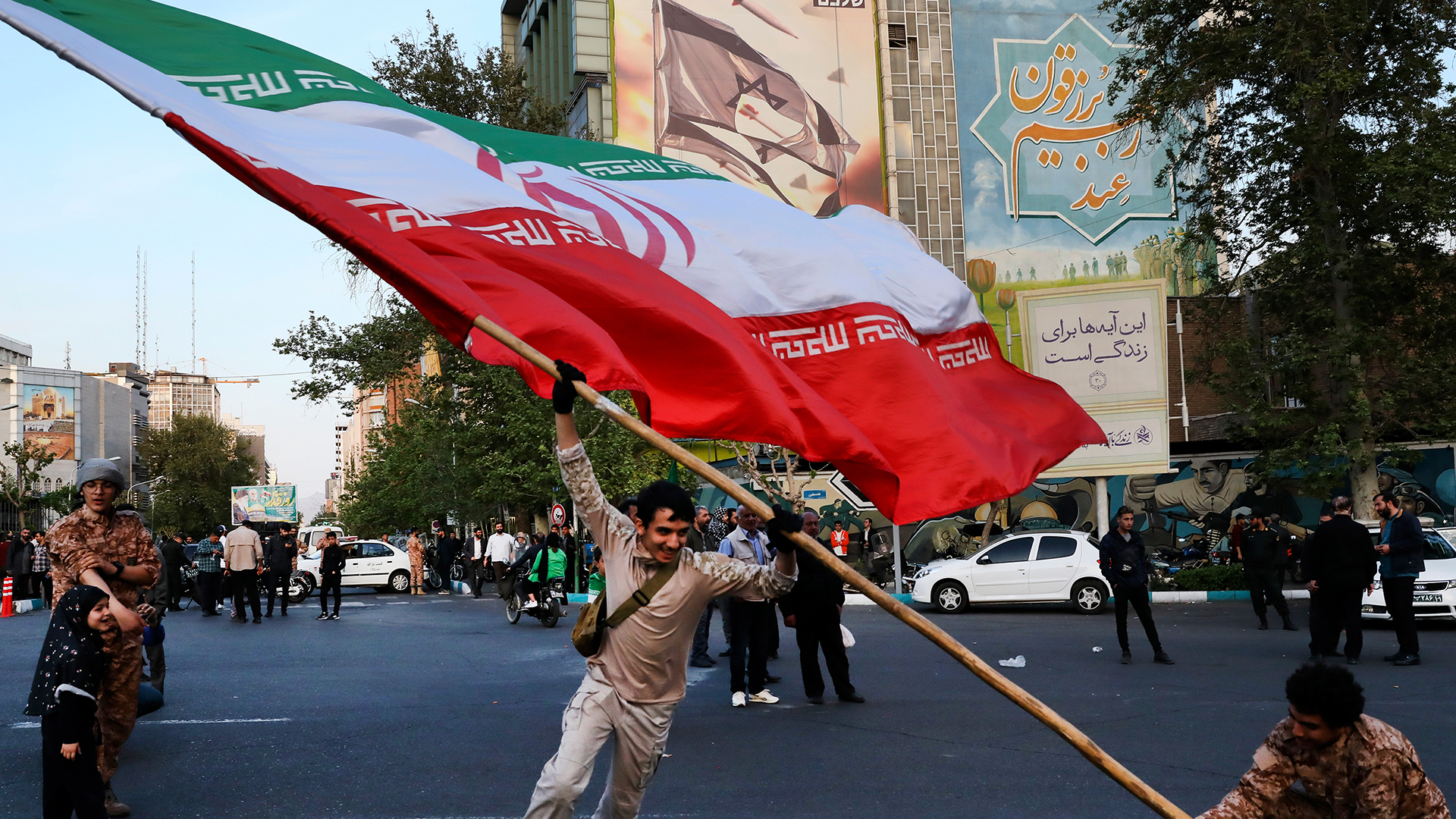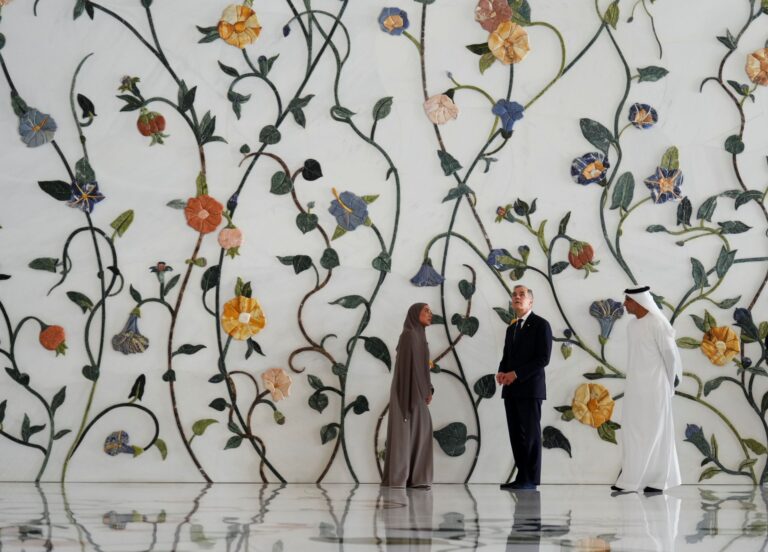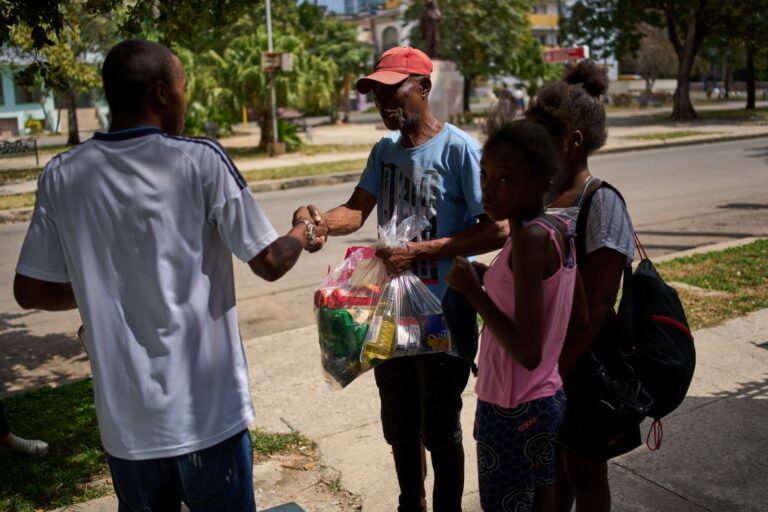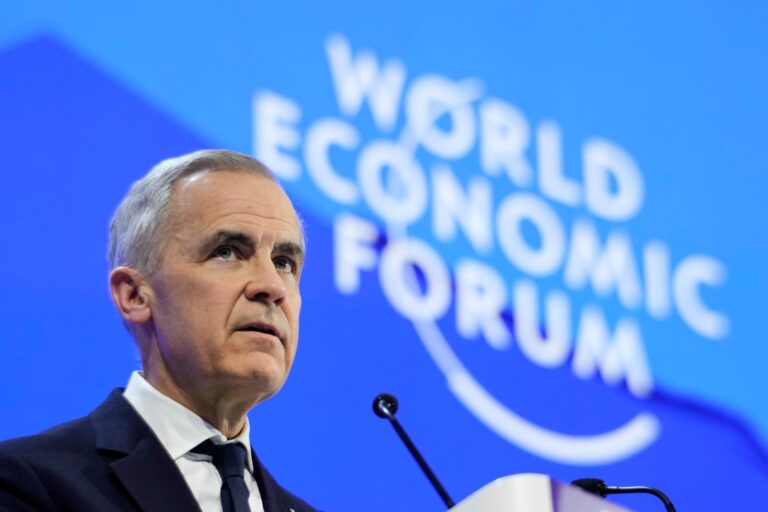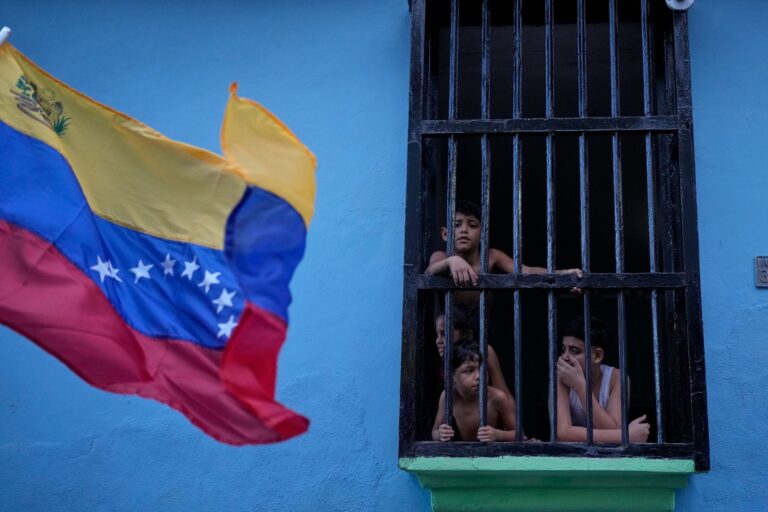Can diplomacy alone spur the regime in Iran to abandon its nuclear program?
This question has long bedeviled Canadian policymakers, who have persistently held out the hope that talks with Iran could lead to a more stable and peaceful future in the Middle East.
In the immediate aftermath of the 12-Day War between Israel and Iran in June, Prime Minister Mark Carney declared that there is now an “opening for diplomacy” with Tehran. And in an Aug. 20 statement, the G7 Non-Proliferation Directors Group, where Canada holds the presidency, said it seeks an “agreement that addresses Iran’s nuclear program.”
Yet Ottawa should check its enthusiasm. Tehran may alter some of its nuclear policies under duress for pragmatic reasons — but it will not halt its nuclear activities without sustained international pressure. Ottawa must make clear that it will support renewed military action if Iran attempts to revive its nuclear program, and that future talks will depend on Tehran’s abandonment of its nuclear ambitions once and for all.
The record of past international negotiations with Iran explains why.
Flawed accord
In 2015, representatives of world powers and Tehran’s regime gathered in Vienna with expectations of an agreement that would not just put the nuclear issue to bed, but lead Tehran to become a more responsible actor on the world stage. The flaws of the resulting accord, formally known as the Joint Comprehensive Plan of Action (JCPOA), reflected the misplaced hope that Iran, the world’s most repressive Islamist theocracy, could evolve into a force for stability.
As the deal’s leading proponent, former U.S. president Barack Obama, explained, Iran’s leaders “have the ability now to take some decisive steps to move toward a more constructive relationship with the world community.”
“And the truth of the matter,” he added, “is that Iran will be and should be a regional power.”
Obama’s aspiration became a reality — but not in the way he expected. In the years that followed the JCPOA’s implementation, Tehran, flush with sanctions relief, emerged from international isolation to become a regional hegemon. Yet peace was not on its agenda. Iran proceeded to violate the JCPOA and exploit its weaknesses to advance the regime’s nuclear program. The JCPOA, after all, was a very good deal for Iran, effectively paving its pathway to a nuclear weapon with international approval.
Iranian regime officials are entering Canada with alarming ease
It was the JCPOA that granted Iran, in exchange for transitory and limited restrictions, the right to enrich uranium, overturning multiple UN Security Council resolutions that required Iran to suspend enrichment indefinitely. It was the JCPOA that failed to guarantee access by inspectors to key Iranian sites where the regime may have advanced a nuclear-weapons program. And it was the JCPOA that granted Iran billions of dollars in sanctions relief, which Tehran used to finance its campaigns of terror across the Middle East.
The result? Iran increased its military budget by 90 per cent in 2016-17 from the previous year, enabling more cash and matériel to flow to its proxies, including Hamas, Hezbollah, Syria’s Assad regime, Yemen’s Houthi rebels and Iraq’s Shiite militias. And Iran exploited the weaknesses of the JCPOA’s atomic provisions, stonewalling international inspectors.
These events unfolded not despite the JCPOA but because of it. The regime understood that the Obama administration and its partners were desperate to keep the deal alive and would not hold Tehran accountable for its provocations.
Canada, under the leadership of then-prime minister Justin Trudeau, supported the JCPOA, ever hopeful in the power of diplomacy to effect change. In fact, Trudeau campaigned on a pledge to restore diplomatic relations with Iran, which his predecessor, Stephen Harper, suspended in 2012.
Trump’s maximum-pressure campaign
When Washington withdrew from the JCPOA in 2018 and began its maximum-pressure campaign, the Trudeau government declared in a statement, “Canada supports an effective rules-based international order, and believes that the Joint Comprehensive Plan of Action (JCPOA) is essential to prevent Iran from developing a nuclear weapons capability and to ensure greater regional and global security.”
But the JCPOA did nothing of the sort, and actually facilitated Iran’s efforts to undermine the rules-based international order.
The first Trump administration’s maximum-pressure campaign recognized this reality. And the campaign worked. Following Washington’s 2020 assassination of General Qasem Soleimani, who led Iran’s terrorist operations across the Middle East, Iran refrained from enriching uranium to high levels. But when former president Joe Biden took office in 2021, he relaxed the pressure, leading Iran to surge ahead with its atomic activities, including uranium enrichment. Meanwhile, crippled by reimposed sanctions, Tehran had less money to finance its proxies.
However, by the time Trump came back to office in 2025, the Hamas atrocities of Oct. 7, 2023, had spurred regional conflict, and Iran was on the threshold of a nuclear-weapons capability, making the 12-Day War inevitable.
Today, Iran is no longer a dominant regional power thanks to U.S. and Israeli might. Tehran’s proxies are debilitated: Israel has destroyed the majority of Hezbollah’s missile and rocket arsenal, killed its leadership and incapacitated thousands of its fighters. The Assad regime has fallen. Hamas’s military infrastructure in Gaza remains a shell of its former self. And Israel has killed much of the Houthis’ leadership and reduced their kinetic capabilities.
Still, Iran remains determined. Having once reached a deal that overwhelmingly favours its interests, the regime hopes to extract another one from its western interlocutors. Thus, Tehran has insisted that it will not abandon its uranium-enrichment and ballistic-missile program — a position that should be a non-starter for Canada and its allies. If western negotiators concede to Iran’s demands, they will repeat the same mistake that produced the JCPOA — and led to the 12-Day War.
Ottawa must hold the line. Rather than call for negotiations with Tehran, Canada and its allies should join the Trump administration’s renewed maximum-pressure campaign. The Carney government should make clear that it will support resumed military action if Tehran attempts to reconstitute its nuclear program. And Ottawa should insist that negotiations will only be possible once Iran agrees that the purpose of any accord must be to completely dismantle its nuclear program, end uranium enrichment and demolish its ballistic missiles.
As the late U.S. diplomat George Schultz prudently observed, “Negotiations are a euphemism for capitulation if the shadow of power is not cast across the bargaining table.”
Canada should act accordingly — and apply power and pressure until Iran is truly ready to give up its nuclear ambitions.
